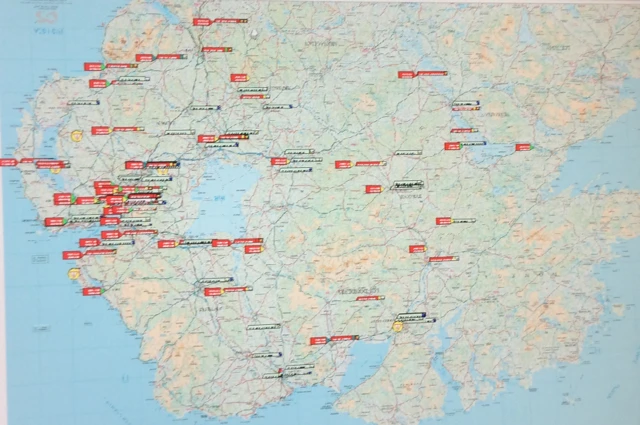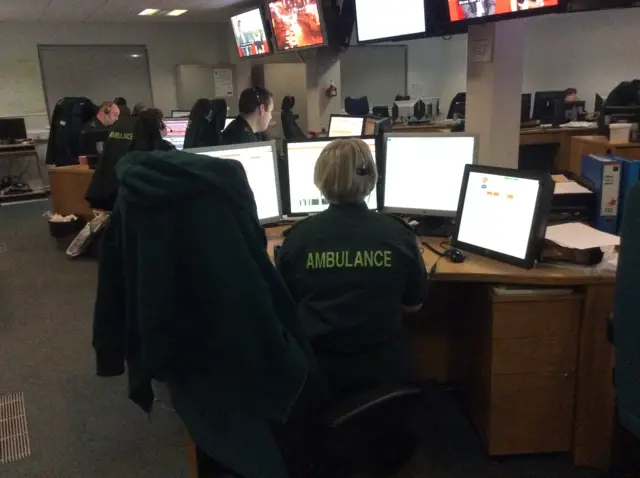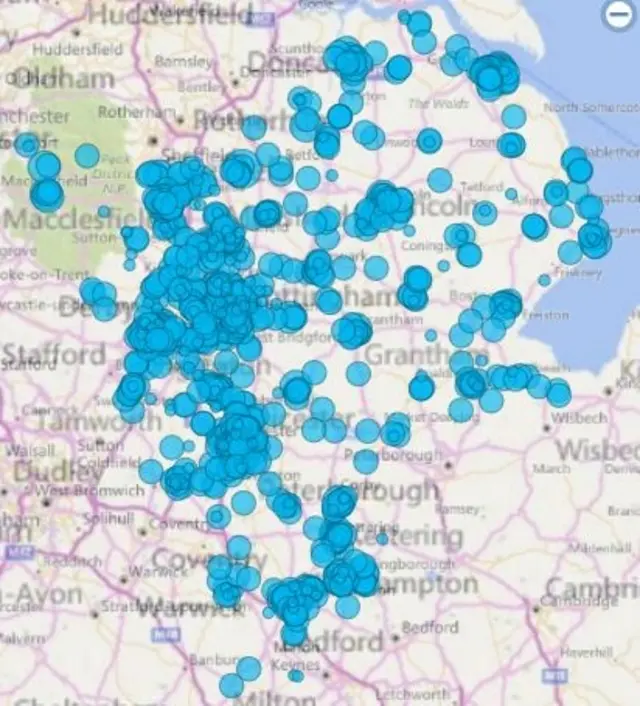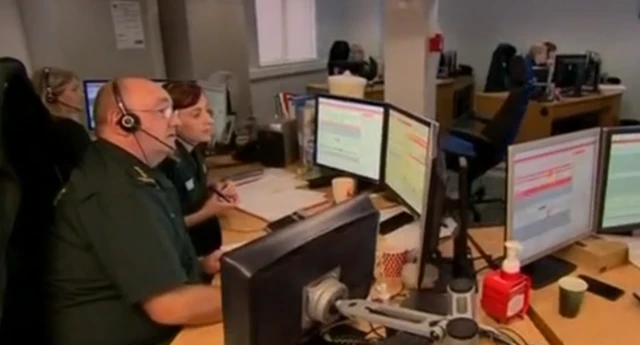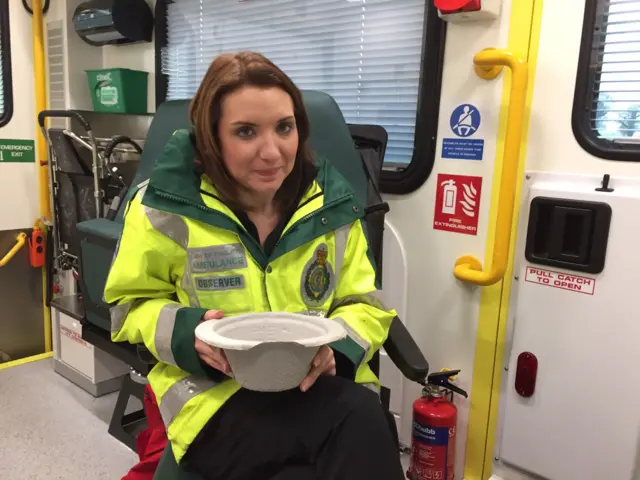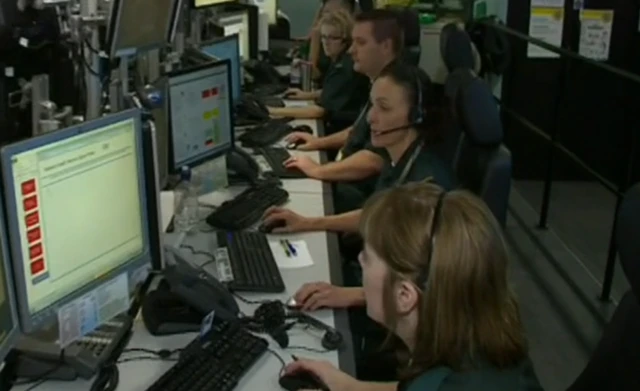Eight things we have learnt todaypublished at 17:36 GMT 30 November 2016
That's all from us for now. Before we go, here are eight things we've learnt from our ambulance services across the country:
- The number of 999 calls has trebled in the past decade – London recorded its highest number of calls in history in November
- But the volume isn’t the only pressure facing ambulance services across the country
- Calls from people who don’t need a paramedic are still common – calls today included needing a glass of water, a cold and a cat bite
- There are not enough beds – Norfolk and Norwich University Hospitals NHS Foundation Trust went on "black alert" today as they needed another 70 beds to cope with patient numbers
- Handover times need to be quicker – Betty Smith in Yorkshire said when she was taken to hospital there were 14 ambulances lined up ahead of her
- However, people still have a lot of praise for paramedics who work hard to look after the patients – Emma Sealey called them "angels in green"
- They face abuse - like John, who has had a knife pulled on him twice, but he still loves the job, saying "it’s about making a difference"
- If you call 999, you will always be taken seriously and an ambulance will come in an emergency – but think whether you can use another service, 111, your GP, a walk-in centre or pharmacist, to relieve some of the pressure, or, even better, learn first aid
Thanks for joining us. Goodnight.

